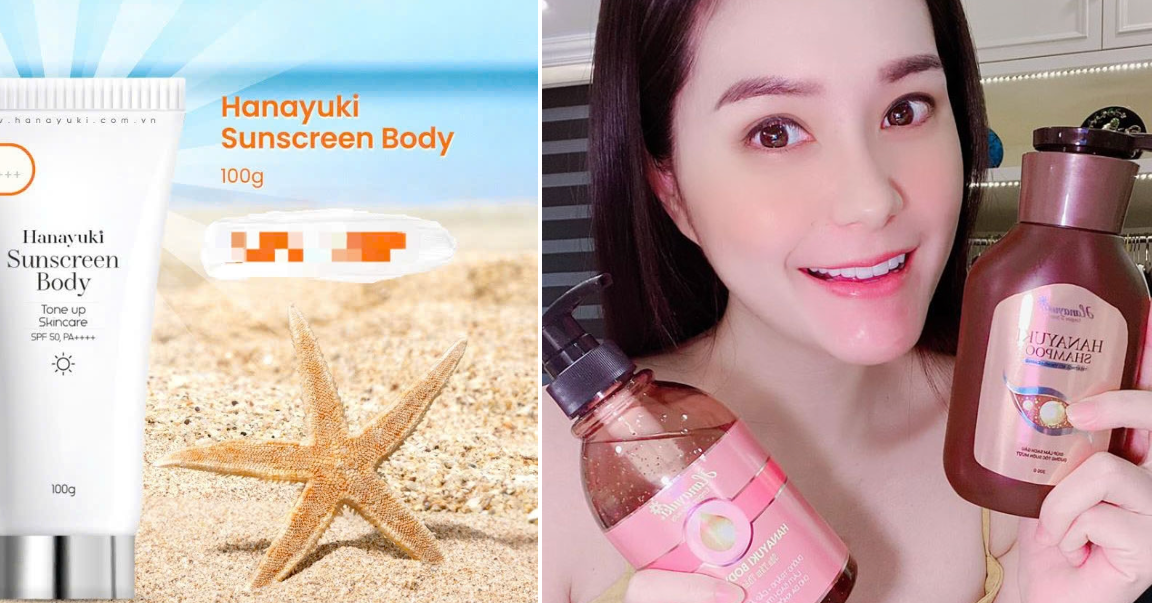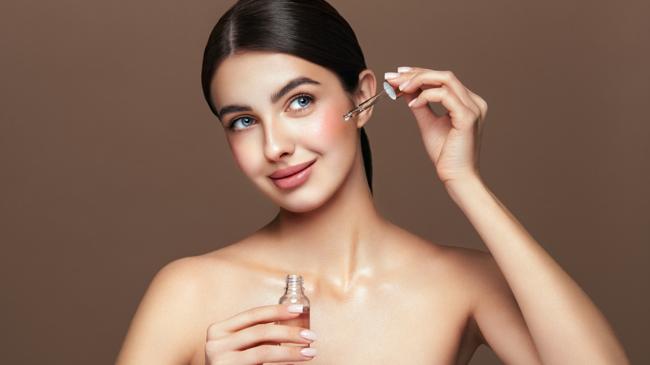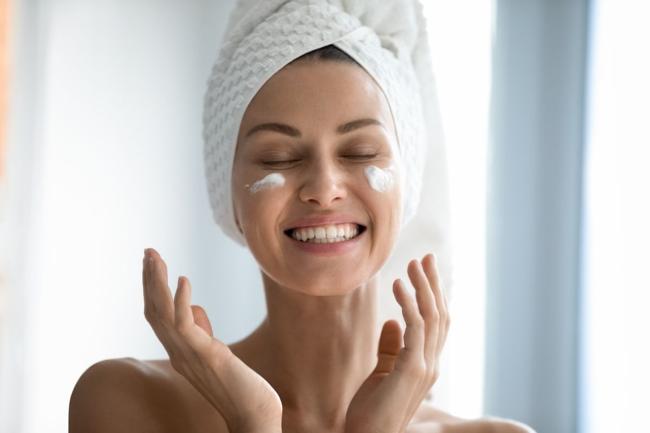Summary
Authorities are stepping up efforts to investigate and clamp down on cosmetics that are falsely advertised, improperly labeled, or lack clear origin – especially those sold online and on social media platforms.
Source: VietNamNet

AI News Q&A (Free Content)
Q1: What are the primary concerns authorities have regarding misleading online cosmetics advertisements and unverified products?
A1: Authorities are mainly concerned about cosmetics that are falsely advertised, improperly labeled, or lack clear origin, especially those sold online and through social media. These products may contain harmful ingredients, be unsafe for consumer use, or make unsubstantiated claims about their effectiveness. Regulatory bodies such as the FDA in the United States monitor cosmetic safety but do not require pre-market approval, which can allow unsafe or misleading products to reach consumers. This has led to increased scrutiny and enforcement actions to protect public health and ensure accurate information for consumers.
Q2: How does the EU Digital Services Act (DSA) aim to address issues related to online advertising of cosmetics?
A2: The EU Digital Services Act introduces several requirements for online advertising, including cosmetics. It mandates transparency regarding advertisements, requires very large online platforms to provide public repositories of ads, and bans profiling-based advertising using sensitive data or targeting children. The DSA also applies general rules on illegal content to advertisements, which helps prevent the spread of misleading or harmful cosmetic ads online. These measures aim to increase accountability and consumer protection across digital marketplaces.
Q3: What ingredients in modern cosmetics are considered controversial or potentially harmful based on scientific evidence?
A3: Modern cosmetics may contain controversial ingredients such as per- and polyfluoroalkyl substances (PFAS), formaldehyde releasers, and certain allergens. Scientific evidence has linked some of these synthetic ingredients to health risks, including allergic reactions, endocrine disruption, and potential carcinogenic effects. Regulatory agencies in the European Union have imposed stringent regulations on these substances, but oversight in other regions, such as the United States, is less strict, with the FDA monitoring but not pre-approving products.
Q4: What does recent research show about consumer psychology and the effectiveness of appeals in online cosmetics advertising?
A4: A 2023 study analyzing Instagram advertisements for health and cosmetic products found that negative appeals—those that evoke consumer anxiety or a sense of crisis—correlate with higher click-through rates. This suggests that advertisers increasingly use psychological tactics to influence consumer behavior, leveraging emotions to drive engagement. The study highlights the importance of monitoring and regulating the emotional impact of cosmetic advertising, especially when targeting vulnerable groups.
Q5: How have regulations evolved to address the safety and labeling of cosmetic products over time?
A5: Regulations around cosmetics have evolved significantly, especially in regions like the European Union, where stringent rules govern product safety, labeling, and permissible ingredients. Historical use of harmful substances such as lead led to major public health crises, prompting stricter oversight. Today, product testing is a standard requirement in many markets, and labeling must accurately reflect ingredients and origins. However, online sales present challenges, as products may bypass conventional supply chains and regulatory checks.
Q6: What scientific evidence supports the use of natural ingredients over synthetic ones in cosmetics, specifically regarding health and safety?
A6: A 2025 study found that extracts from Field Marigold (Calendula arvensis L.), a natural ingredient, significantly accelerated wound healing and reduced inflammation in animal models without observed toxicity. This supports the traditional use of certain medicinal plants in skincare and suggests that natural ingredients may offer safer alternatives to some synthetic compounds, which have been associated with adverse health effects. Continued research is needed to identify and validate effective natural cosmetic ingredients.
Q7: What economic impact does the global cosmetics industry have, and how does the rise of online sales affect this?
A7: The global cosmetics and perfume industry generates an estimated annual turnover of US$170 billion, with Europe representing the largest market segment. Online sales and digital advertising have significantly expanded the reach and revenue potential of cosmetics companies. However, the ease of online distribution has also increased the spread of unverified and potentially unsafe products, prompting authorities to enhance regulatory oversight and enforcement.
References:
- Cosmetic industry - https://en.wikipedia.org/wiki/Cosmetic_industry
- Cosmetics - https://en.wikipedia.org/wiki/Cosmetics
- The EU Digital Services Act: what does it mean for online advertising and adtech?





